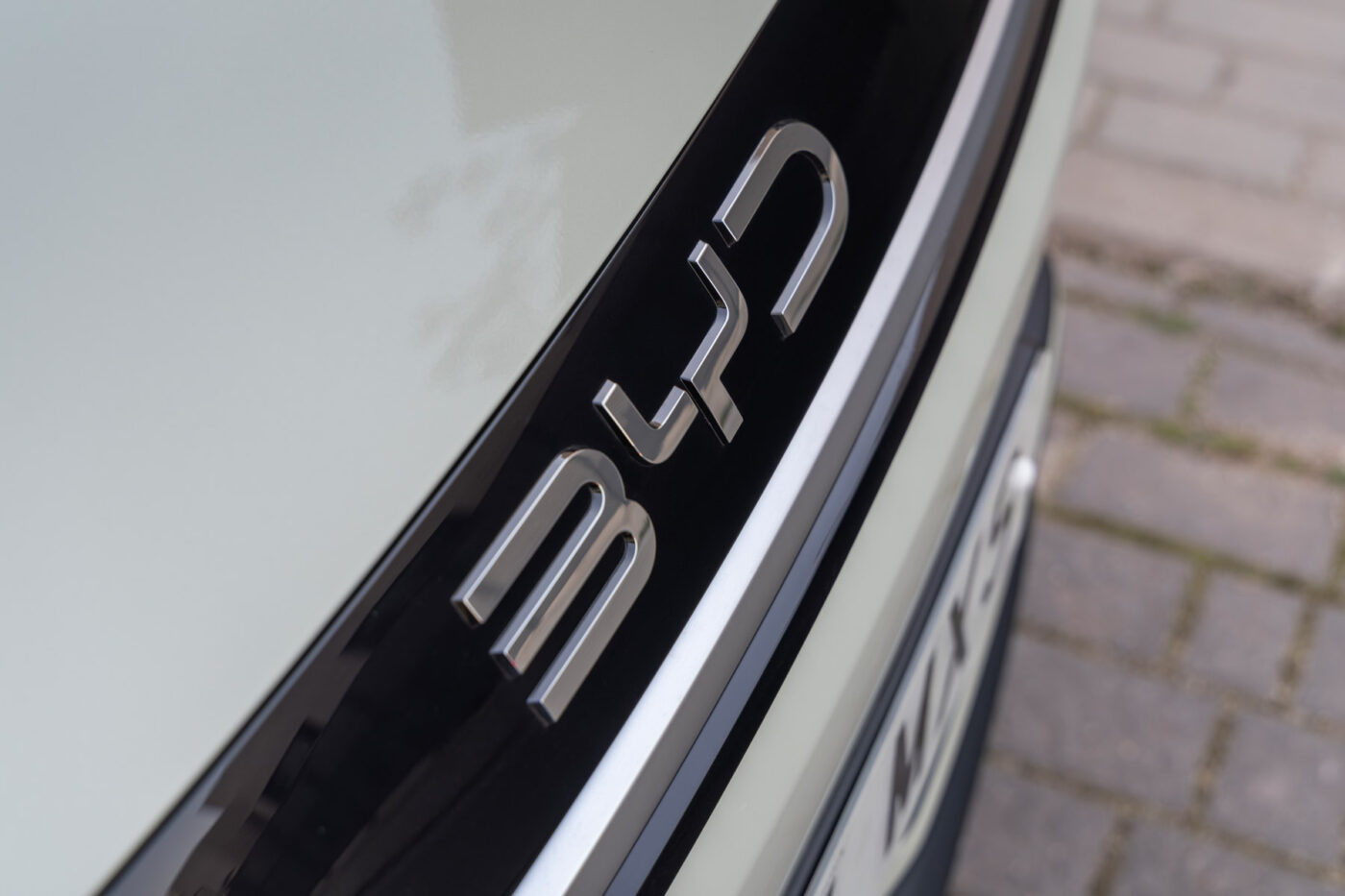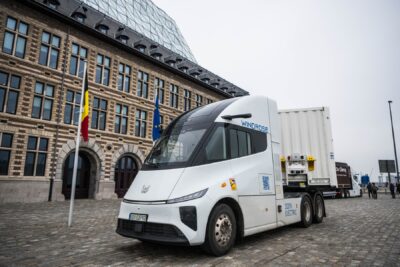BYD considers building EV factory in Germany
This was reported by Reuters, citing a person familiar with the matter. The fact that a third plant is planned in Europe was announced at the beginning of March. Specifically, BYD manager Stella Li told Bloomberg at the time that a decision on a location for the third vehicle plant could be made in the next year and a half. The first two plants are being built in Hungary and Turkey. BYD has not yet communicated where the third factory could be located.
According to Reuters, however, Germany is one of the favoured candidates. The insider quoted by the news agency even says that Germany is BYD’s first choice, although this potential location is being controversially discussed internally due to the country’s high labour and energy costs, low productivity and low flexibility. The argument in favour of Germany is that BYD probably wants to gain a foothold in Western Europe in order to increase its brand awareness and acceptance among European customers. According to instructions from the Chinese government to its own manufacturers not to invest in countries that have voted in favour of the EU’s special tariffs against electric cars from China, potential locations in France and Italy, among others, have been eliminated for BYD, according to the insider. Germany, on the other hand, had voted ‘no.’
Another political factor for BYD will be the change of government in Germany. The next German government, which will presumably be a CDU-led coalition, is expected to be very business-friendly. The Chinese company is therefore assuming that the future government will be keen to support the automotive sector as the country’s largest source of income.
In January, Reuters reported that Chinese officials and car manufacturers are increasingly scrutinising German factories that could be closed – “especially Volkswagen sites.” However, it is also clear that BYD’s final decision on a third plant will primarily depend on sales figures in Europe and capacity utilisation at BYD’s factories in Hungary and Turkey.
BYD manager Stella Li did not comment to Bloomberg on when her company’s third plant in Europe could go into operation. However, a rough estimate can be made: The company announced the first European plant in Hungary at the end of 2023, with production scheduled to start at the end of 2025 – roughly two years’ lead time. If BYD were to proceed in a similar way with the third vehicle plant in Europe, the first car could be built in the second half of 2028 following a decision on the location in late summer/autumn 2026. However, this is speculation and has not been confirmed by the company.
Stella Li remained vague about another plan: BYD is also planning to manufacture batteries for electric vehicles in Europe, the high-ranking manager said in the Bloomberg report. However, both the possible location and the exact timing are still being discussed.
The logic behind the possible expansion of European production is clear: if the vehicles are built in Europe, neither the regular import duties nor the high special duties on imports of electric vehicles manufactured in China into the EU, which came into force in 2024, will apply. Despite tariffs and/or investments in European plants, the EU market remains attractive for Chinese manufacturers because they can demand higher prices than in China. A fierce price war has been raging there for some time.





0 Comments